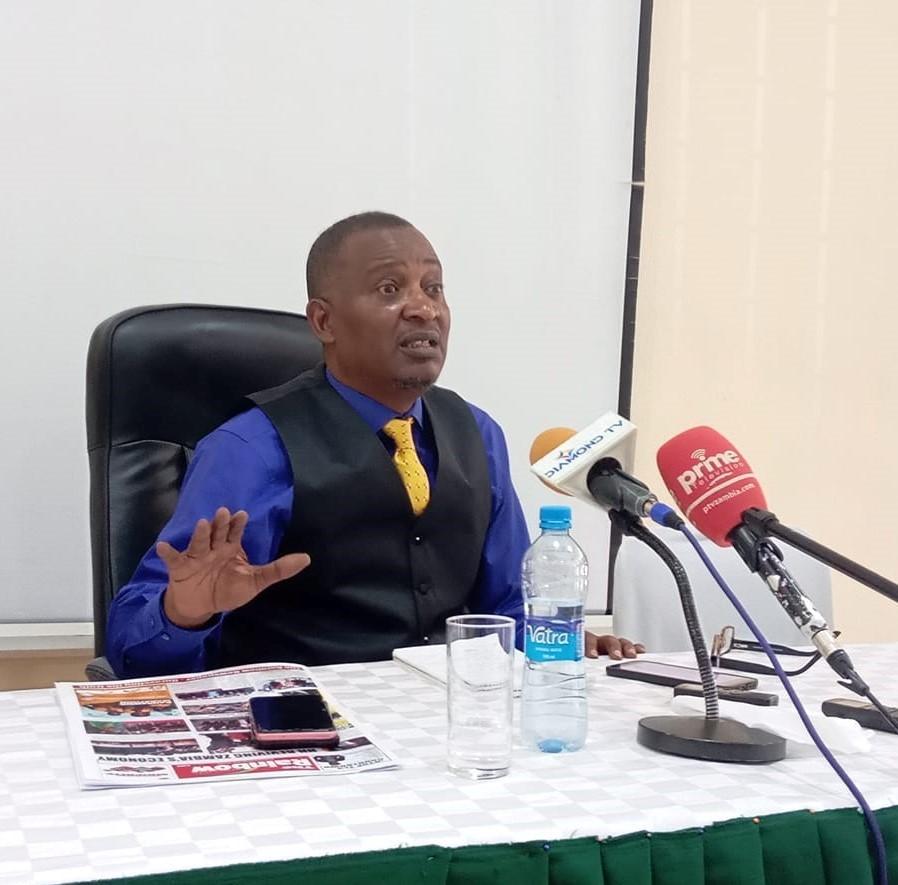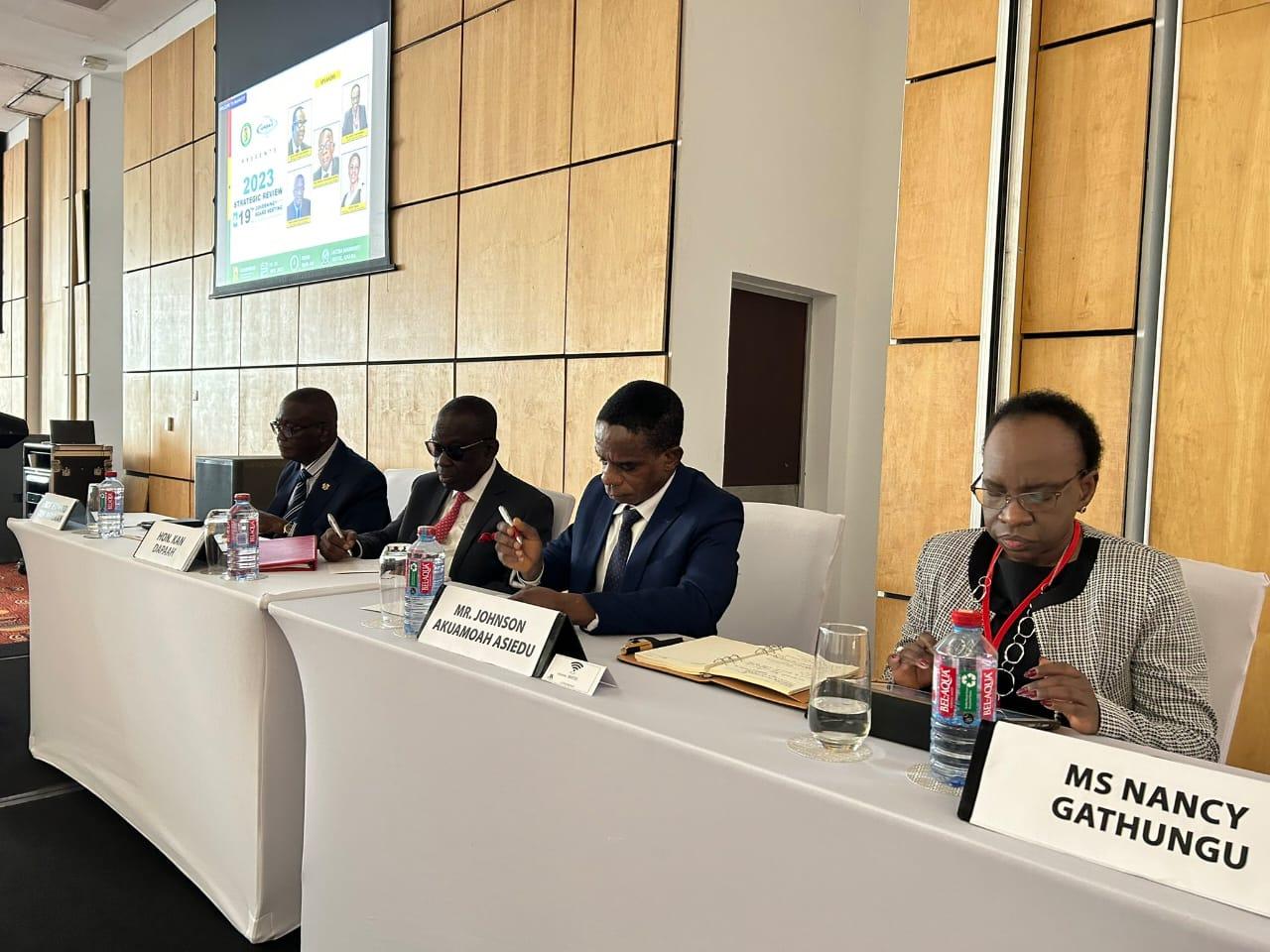Humphrey Siulapwa, the leader of the New Generation Party, has praised President Hakainde Hichilema for his responsible management of public funds during his first 18 months in office. Siulapwa emphasizes the importance of such prudent financial management and suggests that Hichilema’s example provides valuable lessons for others in positions of power.
The prudent management of public funds is crucial for any government, and President HICHILEMA seems to understand this well. According to Mr. Siulapwa, the President is careful about costs and makes sure that the country only pays what is necessary in any transaction. This approach can serve as a valuable lesson for other leaders, highlighting the importance of responsible financial management in promoting the well-being of citizens and the overall health of the economy.
In a press conference held in Lusaka, it was emphasized that the proper management of public funds is crucial. The speaker, Mr. Siulapwa, also praised President Hichilema for his efforts in reducing corruption and improving governance institutions. These lessons from Hichilema’s leadership serve as a reminder of the importance of responsible financial management in the public sector.
There is a crucial lesson to be learned from the prudent management of public funds, as demonstrated by the 20 percent NAPSA partial withdrawal. This move has the potential to be a game changer, as it allows more individuals to invest in various projects and prepare for their retirement. It highlights the importance of responsible financial management and the positive impact it can have on individuals and society as a whole.
The prudent management of public funds is crucial for the success of any economy, as demonstrated by the lessons learned from the HH (presumably referring to a specific case or individual). In the agriculture sector, for example, strategic agreements and partnerships can provide a boost to the economy by creating new markets and increasing production. By carefully managing public funds and investing in key sectors, countries like Zambia can achieve sustainable growth and prosperity.
The statement about the high cost of living made by Mr. SIULAPWA is not directly related to the importance of prudent management of public funds and the lessons that can be learned from HH. However, it is worth noting that the management of public funds can have a significant impact on the cost of living for citizens. When public funds are mismanaged or misused, it can lead to economic instability, inflation, and other negative consequences that can make it harder for people to afford basic necessities. Therefore, it is crucial for governments to prioritize responsible and transparent management of public funds to ensure the well-being of their citizens.
While it may seem tempting to spend public funds freely, it is crucial to exercise prudence in their management. This lesson can be learned from the experience of HH, who recognized the importance of careful financial management. By taking a cautious approach, the benefits of these funds can eventually be passed down to the citizens, ensuring a more sustainable and equitable future.
One such lesson is the need for effective communication between the government and its citizens. HH emphasized the importance of enhancing the government’s communication strategy to ensure that the public is informed and engaged in matters related to public funds. This can help to build trust and accountability, and ultimately lead to better management of public resources.
Mr. Siulapwa has emphasized the need for improved management of this program in the upcoming farming season, highlighting the importance of responsible allocation and use of public funds. By ensuring that resources are used effectively and efficiently, governments can maximize the impact of their programs and promote sustainable development for all.
While not directly related to the importance of prudent management of public funds, the statement from the Mr. Siulapwa suggests a willingness to work with President Hichilema and provide constructive feedback for the betterment of the citizens. It remains to be seen how this approach will impact the management of public funds, but a collaborative and supportive attitude could potentially lead to more responsible and effective use of resources.





































